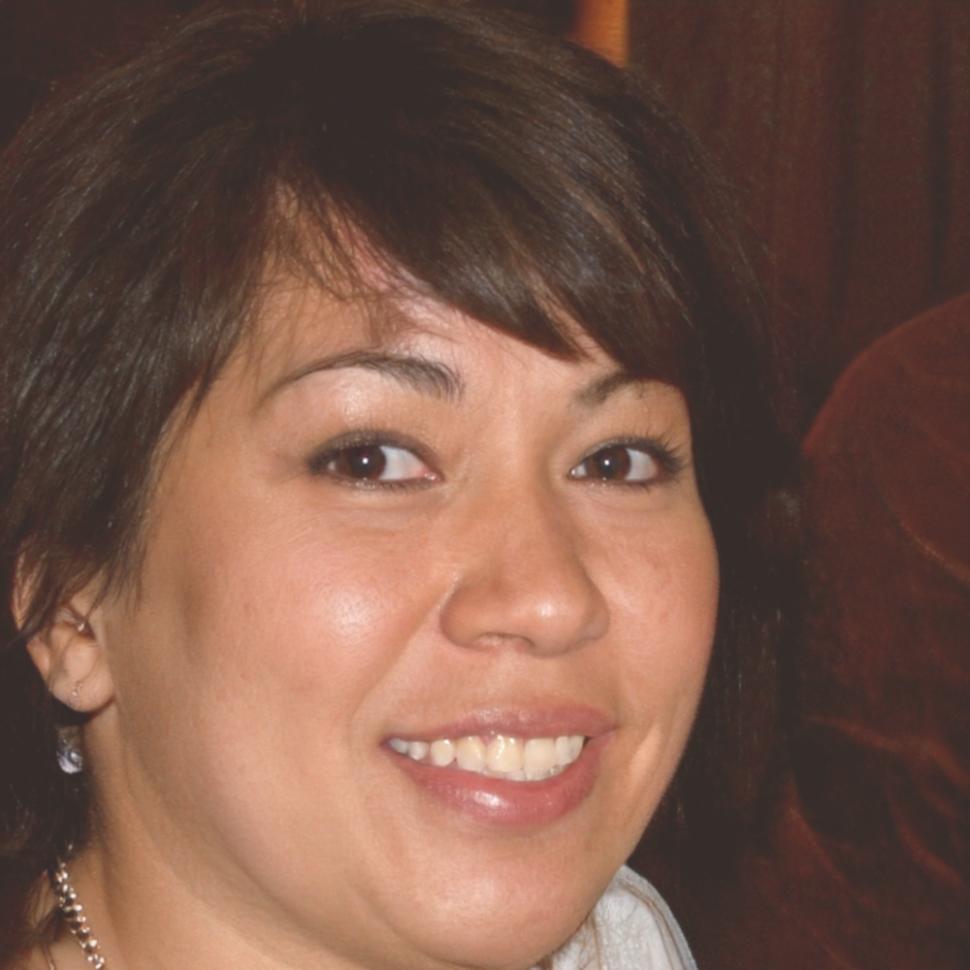Build Your Investment Analysis Foundation
A practical learning path for Canadians who want to understand financial markets without the usual hype. We focus on real analysis techniques that actually matter when you're looking at stocks, bonds, and portfolio construction.
Learn About Our ProgramWhat You'll Actually Learn
Financial Statement Reading
Most people skip this part and wonder why their investments don't work out. You'll learn to read balance sheets, income statements, and cash flow reports—the kind of stuff that shows what a company actually does versus what they say they do.
Valuation Methods
We cover DCF models, comparable company analysis, and precedent transactions. These aren't magic formulas—they're frameworks for thinking about what something might be worth given certain assumptions.
Risk Assessment
Understanding volatility, correlation, and how diversification actually works (hint: it's not just buying more stuff). We look at historical patterns and what they might—or might not—tell us about the future.
Portfolio Construction
How do you put together a collection of investments that makes sense for your situation? We discuss asset allocation, rebalancing strategies, and the role of different investment types in a portfolio.
Market Context
Interest rates, economic cycles, central bank policy—these things matter whether you're looking at equities or fixed income. We connect the dots between macro trends and investment decisions.
Behavioral Patterns
Why do smart people make dumb investment choices? We explore cognitive biases, emotional decision-making, and the psychological traps that affect everyone—including professionals.
How the Program Unfolds
This isn't a sprint. Our program runs for eight months starting in October 2025, with sessions designed around working schedules. You'll need about 8-10 hours per week for readings, assignments, and group discussions.
Financial Fundamentals
We start with accounting basics and financial statement analysis. You'll work through real company reports—some successful businesses, some that eventually failed—to understand what different metrics actually indicate about financial health.
Valuation Frameworks
Here's where we dig into different approaches for estimating value. You'll build your own models, make assumptions, and see how sensitive your conclusions are to those assumptions. Spoiler: very sensitive.
Portfolio Theory
Modern portfolio theory, factor models, and practical asset allocation. We look at what academic research says and how that translates (or doesn't) to real-world investing for people with actual constraints and goals.
Integration Project
You'll complete a comprehensive analysis of a Canadian company or sector, incorporating everything from the previous months. This becomes part of your portfolio if you're looking to demonstrate analytical capabilities to employers or clients.
Who Guides This Program

Corrine Velazquez
Equity Analysis
Spent 14 years analyzing Canadian small-caps before moving into education. She has strong opinions about cash flow statements and why most people misread them.

Darragh Pemberton
Fixed Income & Risk
Former bond trader who now focuses on teaching risk management. He's particularly good at explaining why things that seem safe sometimes aren't, and vice versa.

Tamsin Kirkwood
Behavioral Finance
Background in psychology and finance. She teaches the parts of investing that have nothing to do with numbers and everything to do with how people actually make decisions under uncertainty.

Bernadine Hooper
Portfolio Management
Managed institutional portfolios for pension funds before transitioning to advisory work. She focuses on practical implementation rather than theoretical perfection.
Program Details & Next Steps
Our next cohort begins October 2025. Classes meet twice weekly in the evenings via online sessions, with optional in-person workshops in Waterloo, Ontario for those who can attend. Program fee is ,800 CAD, which includes all materials and access to our analysis tools for the duration of the course.
This program won't make you a portfolio manager overnight. But if you're willing to put in consistent effort over eight months, you'll develop a solid foundation for understanding investment analysis—whether that's for personal investing decisions or professional development.
Request Program Information